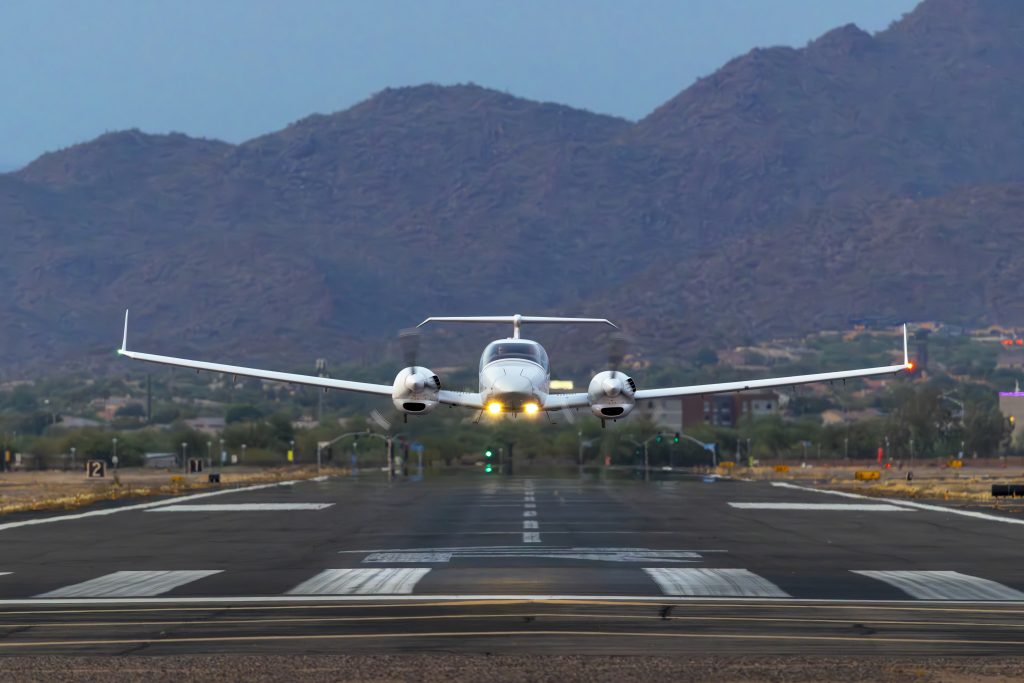The journey from pilot to professional aviator is achieved through building time. At Flight Stars, pilots refine their skills with structure and purpose. Exploring strategic approaches and advanced methods with professional insight, that transform logged hours into meaningful progress.
Understanding Time Building for Pilots
For aspiring professionals, time building is more than accumulation of time in flight; it is the foundation of technical confidence, flight proficiency and operational awareness. Every flight must contribute to skill refinement, decision-making ability, and readiness for complex aviation roles.
Key outcomes of efficient time building:
- Development of sharp situational awareness
- ADM and CRM practice in real-life situation
- Mastery of standard operating procedures
- Confidence in both controlled and dynamic environments
- Applying the art of flight planning
- Through understanding of all available resources before and during flight
Professional Strategies for Pilot Time Building
1. Intentional Flight Planning
Build flight time with structural intent rather than repetition. A systematic approach exposes pilots to diverse environments and operational contexts.
● Alternate between short tactical flights into high traffic areas and extended cross-country sessions
● Introduce varying conditions: day, night, IFR, and VFR
2. Continuous Learning in the Cockpit
Flight time is an opportunity for applied growth. Adopt flight training tips beyond the classroom to make every sortie a learning experience.
● Refine radio communication under busy frequencies
● Practice precise landings across varied runways
● Incorporate advanced maneuvers progressively

Multi-Engine Flight Training: Advancing Capability
Transitioning to multi-engine flight training is a decisive step in a pilot’s career. The shift demands heightened focus, but it develops competencies required for airline-level operations.
Professional Benefits
● Proficiency with complex system monitoring
● Improved preparedness for faster and more complex aircraft and commercial operations
Expanding Opportunities for Flight Experience
Creative pathways allow aspirants to build time without unnecessary financial strain:
● Become an MEI and build time while training fellow aviators
● Ferry flights for aircraft repositioning
● Shared-hour programs with peers / Cost splitting
● Volunteer operations under approval training organizations
Professional Flight Training Tips
Maintain Proficiency
Regular flight scheduling builds continuity and confidence.
Balance Independence and Mentorship
Solo hours provide self-reliance, while instructor-led flights refine advanced ADM, CRM and refinement of skill.
Establish Clear Milestones
● Target specific monthly hour thresholds
● Master night-flying
● Diversify experiences across weather and terrain conditions
Such training tips elevate your progress from routine practice to professional growth.
Why Flight Stars?
Flight Stars provides more than aircraft access; it is a disciplined ecosystem for skill advancement from single-engine to multi-engine flight, our training center integrates structured scheduling, modern aircraft, and expert flight instructor guidance. Pilots benefit from a focused environment where hours convert into proficiency and career readiness.
Core Takeaways for Aspiring Professionals
● Time building for pilots must emphasize quality, not repetition
● Systematic planning accelerates the ability to have flight time effectively
● Transitioning to multi-engine flight training is a critical professional milestone
● Guidance from a flight instructor develops advanced judgment and technique
● Discipline with the pilot checklist sharpens both safety and efficiency
Conclusion
Efficient time building for pilots builds the path to professional aviation success. At Flight Stars, pilots convert logged hours into skill mastery, discipline, and professional readiness. From disciplined use of the pilot checklist to advanced multi-engine flight training, every element contributes to growth.
For those ready to improve their career, contact us and take the first step toward purposeful, structured advancement.
Frequently Asked Questions About Tips for Efficient Time Building:
Q1: How can I maximize pilot time building while maintaining cost efficiency?
A1: Strategic planning reduces unnecessary expenses. Consider hour-sharing arrangements and integrated programs at Flight Stars to accumulate hours effectively while keeping costs manageable. Furthermore, become an MEI.
Q2: What distinguishes the first multi-engine flight from single-engine experiences?
A2: The first multi-engine flight introduces higher speeds, dual powerplants, and advanced system monitoring. This experience challenges situational awareness but accelerates the pilot’s transition to professional aviation standards.
Q3: At what stages should I work with a flight instructor during time building?
A3: While independent flying is essential, the guidance of a flight instructor remains invaluable at key stages, introducing complex maneuvers, transitioning to multi-engine operations, and preparing for commercial certifications.





